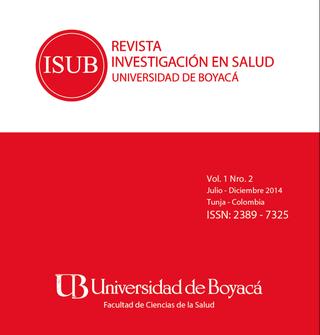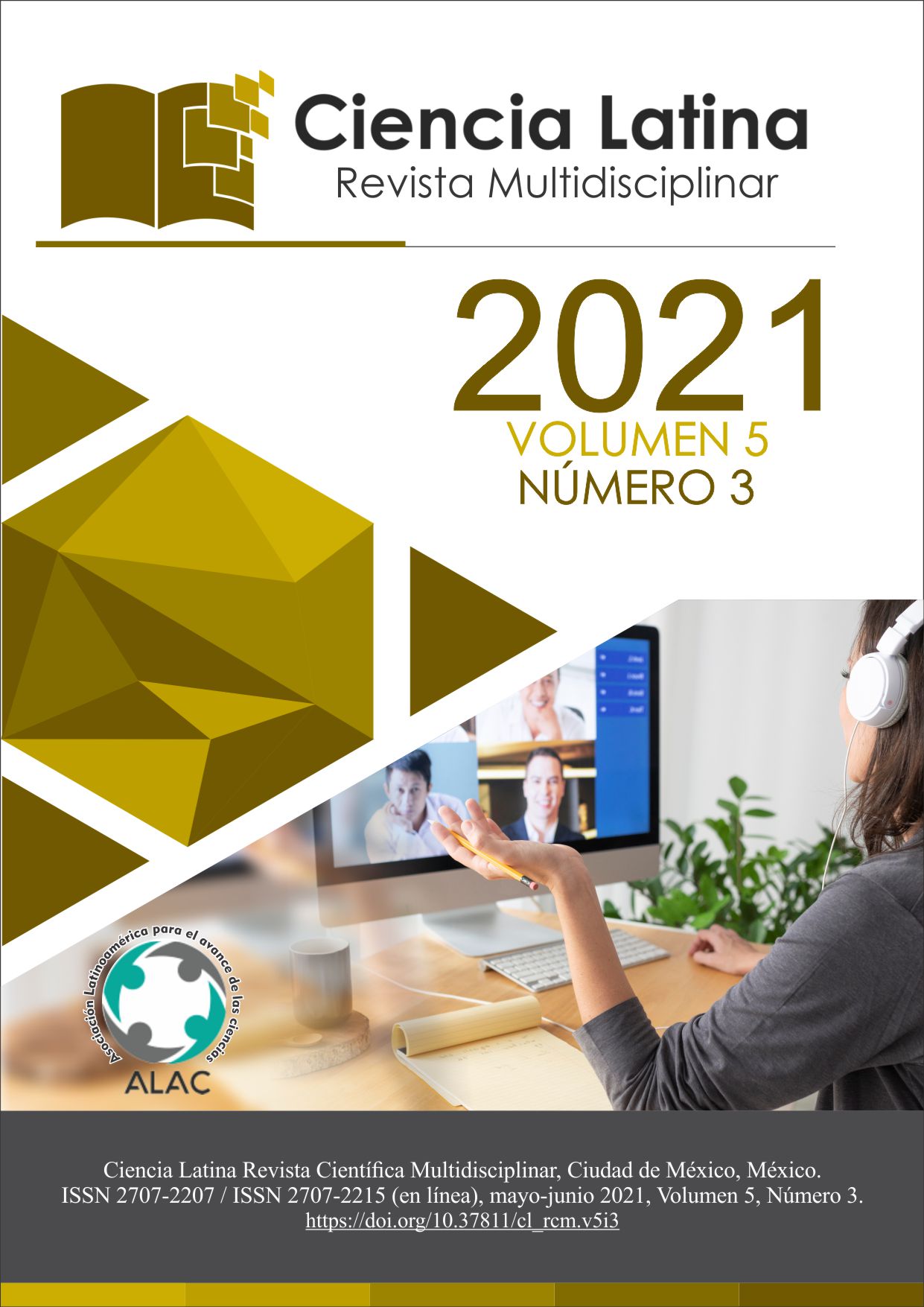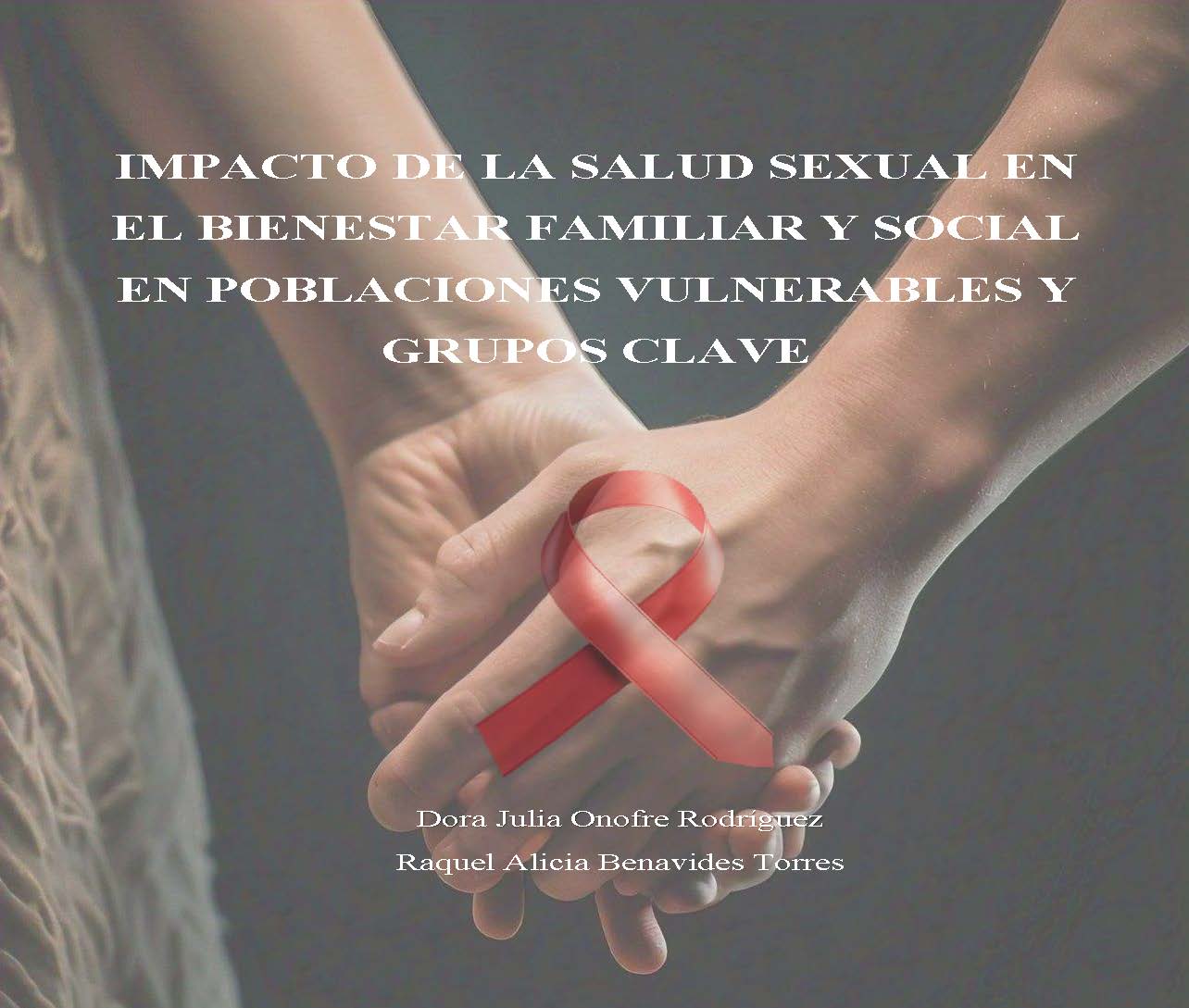Resumen
As HIV infection is increasing among women, evaluation, prevention, and
education campaigns need to target this vulnerable population. Because of their frequent
and accepted contact with members of the community, female law officers, if
knowledgeable, could be well suited to provide information/education related to HIV/
STD transmission. A survey of HIV/AIDS knowledge and risk behaviors was administered
to 120 law enforcement women (LEW) and 60 women from the general population
(GPW) in Bogotá, Colombia. LEW indicated a very high (90%) understanding of
basic HIV knowledge. Although most (52%) of the LEW did not report high-risk
behaviors, 29% indicated having unprotected sex during menses, and 17% had unprotected
anal sex. This contrasts, however, with GPW, who were of similar age, but had
a significantly higher prevalence (73%) of risky behaviors (P= .004). Moreover, 52%
of the GPW reported having unprotected anal sex, and approximately half of this
group (55%) indicated having unprotected sex during menses. Alcohol and drug users
were also more prevalent in the GPW: 14% frequently used alcohol and 3% inhaled
drugs during sexual encounters, contrasted to 2% of LEW reporting alcohol use. GPW
were four times more likely than LEW, to engage in high-risk sexual practices [95%
confidence interval (CI)= 1.9–10.4, P= 0.034]. Multivariate analyses indicated that
alcohol and/or drug use were significantly associated with high-risk sexual practices
[odds ratio (OR)= 4.7, 95% confidence intervals (CI)= 1.3–18.4, P= .02). Improved
educational HIV/AIDS programs are needed, particularly for women in the general
population, who use alcohol/drugs during sexual encounters, which account, at least in
part, for their high-risk behaviors. Women in law enforcement, who appear knowledgeable
and exhibit safer behaviors, could be useful educators for GPW. Because of
their professional role in the community, training for LEW in HIV/AIDS education/
prevention programs should be considered.






